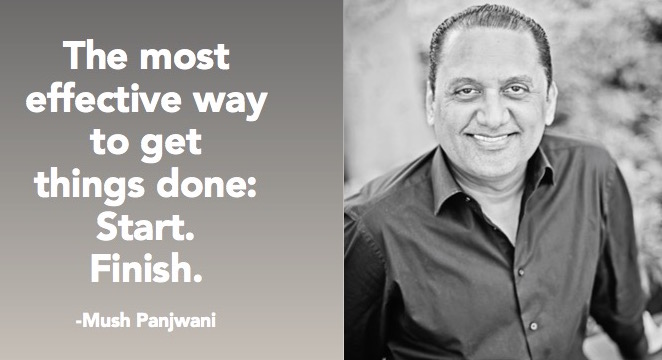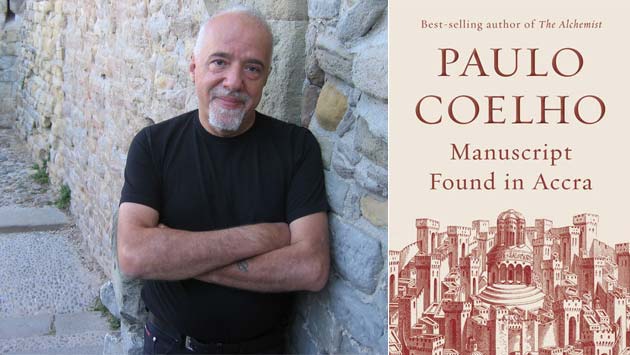I have spent a lot of time working from coffee shops since losing my job in early 2013. In Hong Kong, my favorites were Holly Brown for its great coffee, happy staff, wifi and quiet space; and then Pacific Coffee for its comfortable seating, good coffee, loyalty card/app and number of convenient locations. In Pakistan, it was Gloria Jeans for it’s convenient locations (Sindhi Muslim and Dolmen in Clifton), quiet space and good coffee. Around the world, my favorites are Costa, Lavazza, Illy and Tim Hortons…
And I always looked for that one perfect coffee shop where the staff was cheerful, coffee was great, prices were reasonable, wifi always worked, power sockets were enough for at least half the customers and the seating was comfortable. Never found one. So that was my #1 inspiration to make that perfect coffee shop.
Reason #2. Like many businesses, a coffee shop can have a huge positive impact on a lot of people – the potential to make people happy is so big, and not all that difficult. A good coffee can alleviate moods; cheerful customer service can make somebody’s day; a quiet, comfortable and functional work space can help produce big results! In short, a great coffee shop can make this world better, in a small way.
Reason #3. One of the many opportunities in Pakistan to set up a business and expand it across the country. In Pakistan: there are very few good barista training places; coffee culture hasn’t yet developed; most coffee shops are actually restaurants. And there aren’t many low-cost franchising opportunities for young entrepreneurs.

And the biggest reason: It’s been one of my dreams for more than 10 years. First it was a juice shop, which was later changed to a coffee shop. First I used to imagine this coffee shop on Lamma or one of the outlying islands of Hong Kong – with a little room on top with a view of the sea. Then about two years ago, I started imagining this as a chain of coffee shops in Pakistan, starting with the first one in Hyderi North Nazimabad – which will probably be the second one. I did a couple of coffee courses in Hong Kong last year, just to see if I enjoy making coffee. And I loved it!
I still have a job with Learning Time, but thanks to the management, they have allowed flexible hours which makes it possible for me to dedicate some time to Coffee Wagera, continue contributing to A Better Chance, and also pursue training opportunities while in Pakistan. Wish me luck 🙂

















